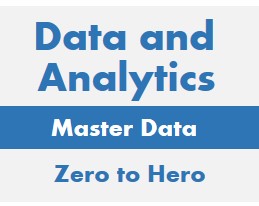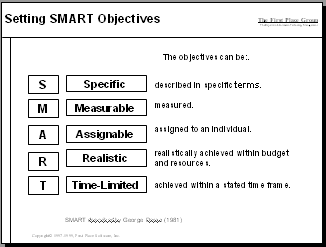


Data warehousing business requirements describe the needed solution in business terms. Gathering and managing business requirements include these steps:
Business requirements are sometimes known as functional requirements and are the emphasis of this tutorial section. Technical requirements, sometimes known as non-functional requirements, will be explained in the article Technical Architecture for Data Warehousing and Business Intelligence.
Gathering requirements rapidly using a sound methodology has numerous benefits:
Be sure to do your homework before gathering requirements from others for the data warehouse and business intelligence effort. You can save the time of the people you will meet with and interview before hand. One thing you must understand is previous data warehousing efforts:
Researching documentation can help you get a handle on your organizations current and prior state of data warehousing. You can examine documents such as:
In addition, computer based information can provide insight into requirements of existing systems:
By doing your homework, you acknowledge the prior data warehousing efforts that have been made, avoid looking uninformed and save others time by not asking questions that have been previously addressed.
Identifying and engaging the right people who will participate in data warehousing and business intelligence efforts is key. Focus on decision makers such as:
The poeple who analyze data are subject matter experts (SMEs) who will provide valuable input. Examples are:
The people who create reports often have great insights because they are asked by the business to create business intelligence reports. They often have a backlog of requests and "wish lists" that can be translated to data warehousing requirements.
There are a number of good reasons to interview individual business intelligence users for data warehousing requirements gathering. The reasons include:
Here are some suggestions to make the interview process productive:
|
It is also important to understand the organization a higher
level. Peter Drucker in his
book Management has
recommended these critical questions and corresponding
decisions:
A facilitated group session is often a great way to gather requirements. Requirements are gathered faster than through the individual interview method and the meeting participants have the opportunity to bounce ideas off each other and reach a consensus on the requirements.
See the tutorial article, BI Requirements Workshop, for a practical approach to conducting group data warehouse requirement gathering sessions.

Infogoal.com is organized to help you gain mastery.
Examples may be simplified to facilitate learning.
Content is reviewed for errors but is not warranted to be 100% correct.
In order to use this site, you must read and agree to the
terms of use, privacy policy and cookie policy.
Copyright 2006-2020 by Infogoal, LLC. All Rights Reserved.
